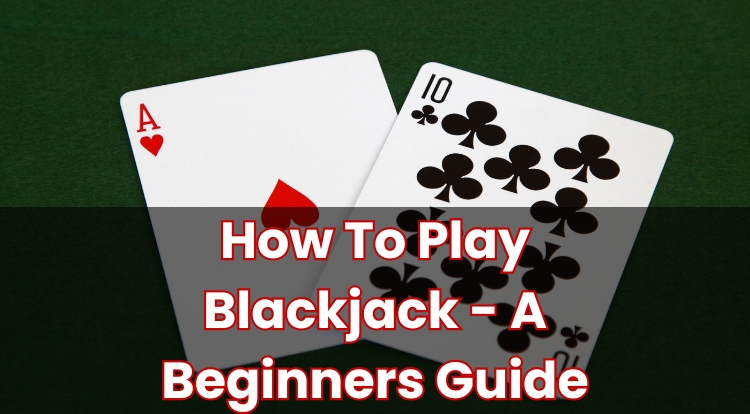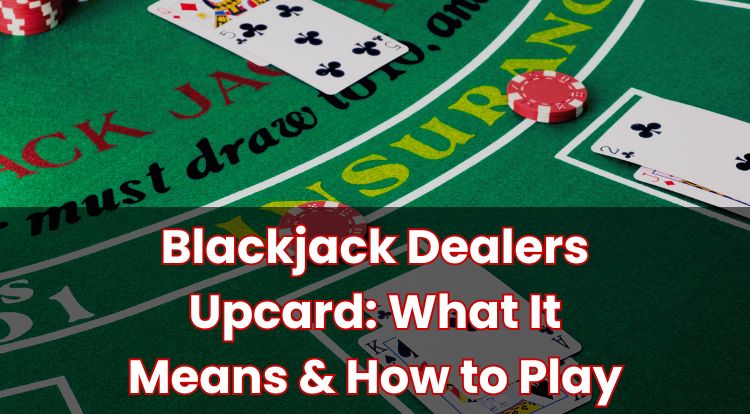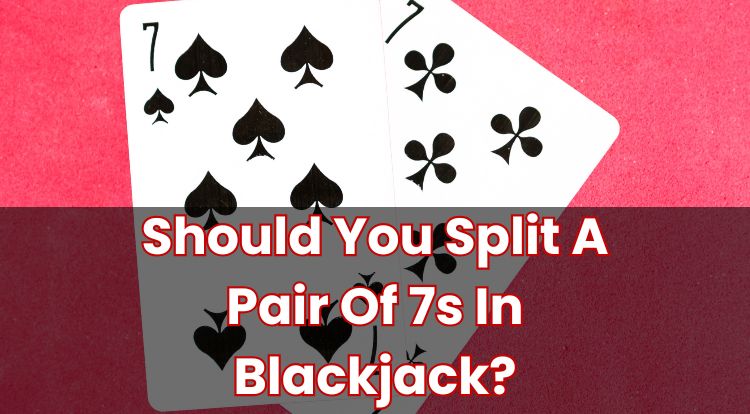Blackjack Card Splitting: When Should You Split Your Hand?
Splitting is one of the most discussed moves in blackjack because it can alter how a round unfolds. When two cards of the same value appear, you may have the option to divide them into separate hands, each played individually.
Recognising common split decisions allows for a more consistent approach. This blog post explains what splitting involves, which pairs are often considered for it, and how the dealer’s upcard influences your options.
Read on to learn more.
What Does Splitting Mean in Blackjack?
Splitting in blackjack becomes available when your first two cards share the same value—for example, two 8s or two Kings. Instead of playing them as one hand, they can be divided into two hands.
This requires placing an additional bet equal to your initial stake. Each of the new hands then receives a new card, and you play them one after the other.
Casino rules may affect how splitting works. Some tables limit re-splitting, restrict doubling after a split, or only allow one extra card on split Aces. Reviewing the table’s rules beforehand provides clarity on how the game is structured. With that in mind, the next section covers which pairs are commonly split.
When Should You Split in Blackjack?
Splitting decisions often depend on the combination of your pair and the dealer’s visible card. While house rules can vary, there are general patterns followed at most tables.
Hands You Should Always Split
Aces and 8s are well-known candidates. Dividing a pair of Aces gives each one the opportunity to form a strong total. Splitting 8s takes you away from a starting point that is typically difficult to improve with just one more card.
Hands You Should Never Split
Pairs such as Tens, Fours, and Fives are typically played as one hand. Two Tens make a total of 20, which is already favourable. Two Fives add up to 10, which may allow for a stronger next step than splitting would. Fours often lead to awkward combinations if separated, so they’re usually kept together.
Some rare rule sets make exceptions, but these guidelines apply to the majority of standard formats. The dealer’s upcard is another important part of the decision.
Why the Dealer’s Upcard Matters When Splitting
The dealer’s upcard gives an indication of how the rest of their hand might develop. This can influence your decision about whether to split.
A dealer card such as 4, 5, or 6 is often seen as weaker. In such cases, players sometimes choose to split certain lower pairs like 2s or 3s to form two hands with greater flexibility. This is also a key reason 8s are commonly split.
On the other hand, a dealer showing 9, 10, or Ace is in a stronger position. Against these cards, players tend to be more selective with which pairs they split, as each resulting hand may face more challenging conditions. Aces and 8s are still usually split regardless of the upcard, but other choices may depend on the full context.
How Splitting Affects Your Blackjack Strategy
Splitting creates two hands, which means you’ll make two sets of decisions and place two separate bets. This increases your total stake for the round and may influence how much variation you see over time.
What follows a split can also differ by table. Some rules allow a double down after splitting, which can be useful depending on the next card. Others restrict split Aces to one additional card and treat a resulting 21 as a regular total rather than a natural blackjack. Understanding these aspects in advance allows for more structured play.
Splitting should be viewed as part of a broader approach. The pair in your hand, the dealer’s visible card, and the table’s rules all play a part in shaping the best next step. When these elements align, splitting can support consistent decision-making over time, rather than just offering a dramatic turn in a single round.
Play Blackjack Online at 666 Casino
If you’d like to explore blackjack further, we’ve got a variety of tables at 666Casino—from classic formats to modern variants—each with easy-to-use controls and a layout designed to make gameplay clear. Whether you’re still getting to grips with the basics or you’re more familiar with the game, there’s something to suit your preferences.
As a UK Gambling Commission (UKGC) licensed site, we follow strict standards around fairness and player protections. You’ll also find tools that help you set deposit limits, review your activity, and manage how you play.
You’re welcome to create an account at 666Casino and take a look around. If you decide to deposit and join a table, it’s a chance to apply what you’ve learned about splitting hands—and see how it fits into your overall approach.
**The information provided in this blog is intended for educational purposes and should not be construed as betting advice or a guarantee of success. Always gamble responsibly.





